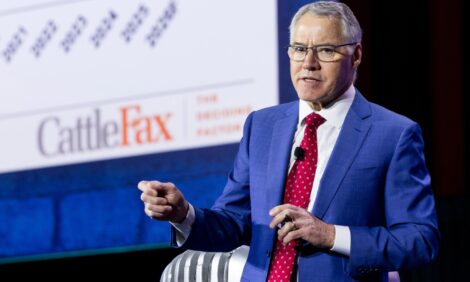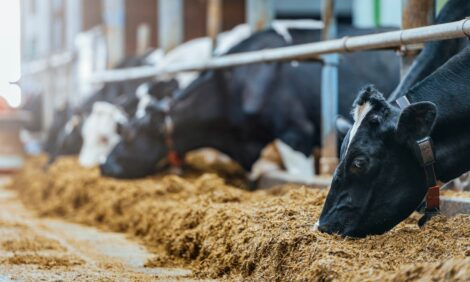



How Do We Save Milk Production in the Mountains?
AUSTRIA - European commissioners are assessing the practicalities of a production monitoring mechanism to safeguard against dairy volatility after quotas are terminated in 2015.The EU dairy ‘observatory’ will protect against over-supply by collating production statistics from all member states.
The broad opinion of member states is that the observatory is a good idea. What yet is not known is where the data will come from.
Politicians recognise that some kind of monitoring tool is a necessity which can address the current dilemma posing policy makers.
On one hand there are ambitious farmers in productive systems targeting huge expansion plans while a second group of farmers in more marginal areas will continue to be at risk from market flux.
Problems will arise if domestic production rises coincide with the arrival of additional imported produce, says the Commission.
The bullish farmers include the Danes, Dutch, Irish and Scottish, whereas fragile businesses remain in the lesser favoured areas, such as the Austrian mountains.
This is according to a Commission spokesperson who said that the dairy observatory would provide a vital service for mountainous regions.
“If we can have a clear picture of what production is doing, we can signal in advance that problems may arise,” said the spokesperson.
“This was one problem we saw with the 2009 price drop. Because of the price increase in 2008 there was an inevitable production lift which nobody did anything about.”
Copa-Cogeca spokesman Tomasso Mario Abrate said that fair prices are also ‘essential’ in less favoured mountain areas as well as vitality forecasts.
For Copa-Cogeca milk chairman Mansel Raymond, the threat of volatility is very real.
Speaking after the Brussels dairy conference, Mr Raymond outlined the opportunities and challenges that are posed by liberalised markets and growing world milk demand.
However, he emphasised that the challenges of bad weather and high production costs would inevitably persist and warned against volatility in the future.
His concerns extended to a fair and practical dairy policy that could offer supply chain conformity for all, from productive lowland systems to mountain areas.
Michael Priestley
News Team - Editor
Mainly production and market stories on ruminants sector. Works closely with sustainability consultants at FAI Farms



